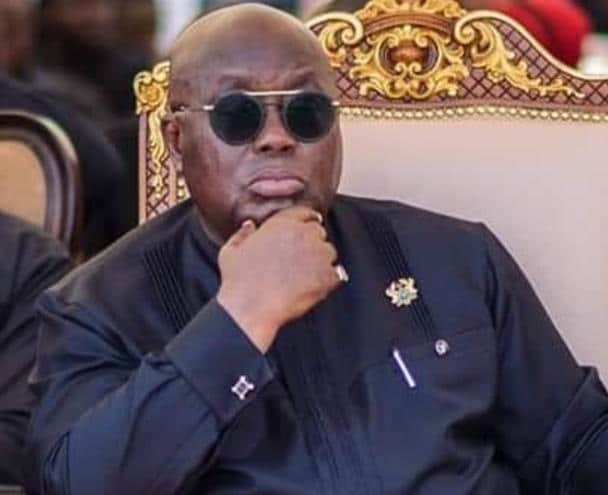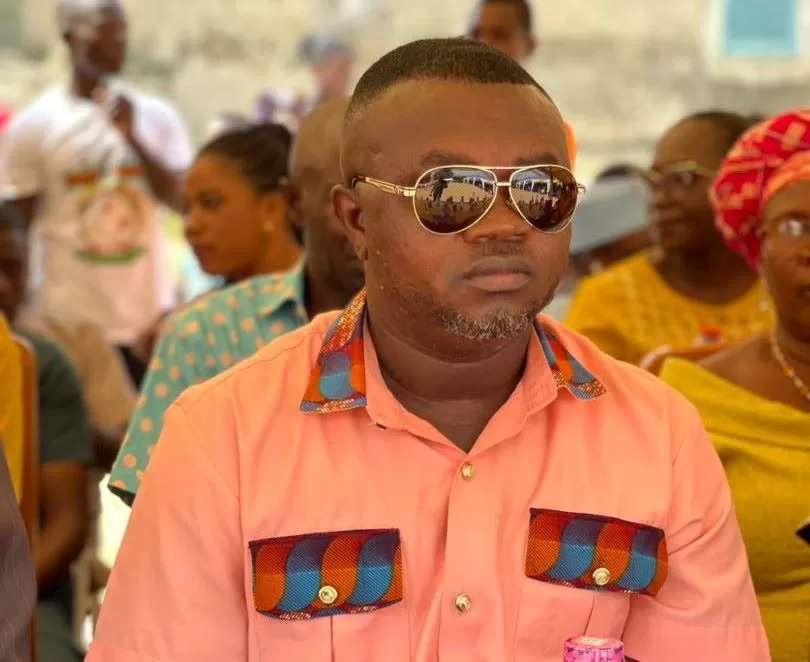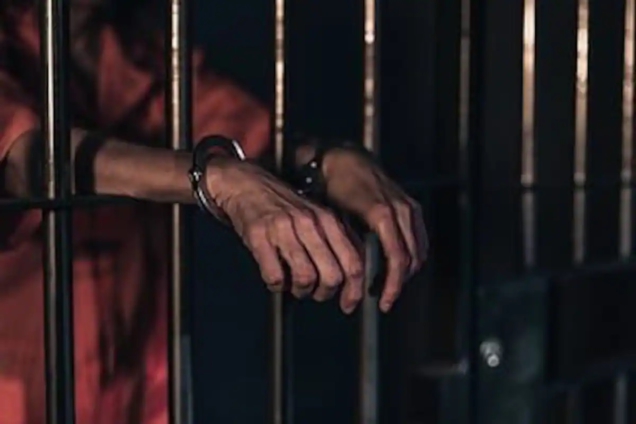The President of the Republic, Nana Addo Dankwa Akufo-Addo claims his government is peerless, in terms of steps taken by any administration in Ghana’s history to deal with corruption and other related canker.
He taunted his predecessors, suggesting they failed to take such daring decisions against corruption whilst in power.
“I say, without any form of equivocation, that my government has undertaken, arguably, the boldest initiatives since independence to reform and strengthen the capacity of our institutions to tackle corruption in the public sector, including the financial empowerment of the anti-corruption bodies, the passage of the Right to Information Act, which previous administrations had been unable to effect, and the establishment of the Office of Special Prosecutor, an independent, non-partisan body, with the relevant professional capability and exclusive mandate to investigate and prosecute acts of corruption.”
In a televised address to the nation to mark the 30th anniversary of the 4th Republic which falls on Saturday, January 7, 2023, the President was confident Ghana can succeed in the corruption fight with strong institutions.
“If we seek to prolong our democratic journey, it is imperative that we enhance transparency and accountability in our governance structures, and build strong institutions that can fight corruption and the dissipation of public funds,” he said in a televised address to the nation to mark the 30th anniversary of the 4th Republic.
The President also noted that the strength of any democracy is very much determined by the credibility of its electoral process, and respect for the will of the people.
“We cannot overlook the fact that instability has followed disputed elections in many parts of the African continent.
“That is why we, in Ghana, must continue to urge the Electoral Commission to work to ensure that all stakeholders in the electoral process, that is the citizenry, civil society and political parties, do not have lingering questions about the legitimacy of an election.”
President Akufo-Addo stressed that majority of Ghanaians have accepted democracy as the preferred mode of governance, which should not be taken for granted.
“There are those who would rather have authoritarian rule, because they claim our country is underdeveloped and democracy is cumbersome, and we need to get things done in a hurry. We still have some work to do to convince such people that we are all safer under democracies,” he opined.
President Akufo-Addo further remarked, “With five presidential transitions, and three peaceful transfers of power, through the ballot box, from one party to another. We have every right to be proud of this, and the celebration of the 30th anniversary of the 4th Republic should inspire us, even further, to hold on to this status.
“My government will not give up when it comes to deepening our democracy and guaranteeing the integrity of the electoral process, and neither should you, the Ghanaian people. We do not have to look far back into history to see that stable period of constitutional government and intelligent management of the economy lead to prosperity. We must do everything within our means to safeguard our democracy.”
Even though Ghana is presently confronted with difficulties in its economic performance, President Akufo-Addo said collectively, the country can be put back onto the path of progress and prosperity.
“Let us therefore continue to work to create the platform for the evolution of a new Ghanaian civilization, which will give true meaning to the foundational values of freedom and justice on which our nation was birthed,” he concluded.
Saturday, 7th January, 2023 is exactly 30 years since the constitution of the 4th Republic came into force, with the inauguration into office of the first President of the 4th Republic, the late Jerry John Rawlings.
It has inspired the longest period of stable constitutional governance in Ghana’s history, with a consensus emerging strongly that the democratic form of governance is preferable.
On the 28th April, 1992, Ghanaians approved by an overwhelming margin in a referendum, with 3,408,119 persons representing 92.59% in favor, with 272,855 (7.41%) persons against the adoption of the provisions of the Constitution of the 4th Republic, which set up the institutions of a liberal democratic state, operating on the basis of the separation of powers, with express guarantees of fundamental human rights.














